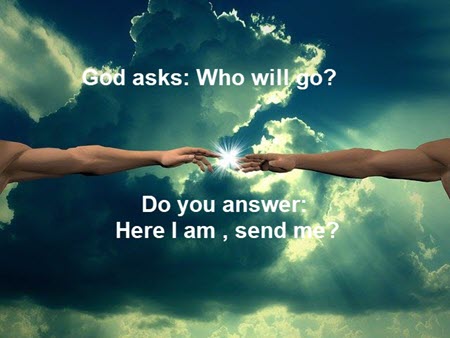Will you go?
Jonah 1-4 Jonah is not only a Hebrew but also a Hebrew who worships the Lord, the God of heaven. Yet, Jonah is a picture of the selfish racial condemnation of others. God said in Isaiah, who will go for us and Isaiah said, “send me.” Yet, Jonah hearing that same call turns a […]

